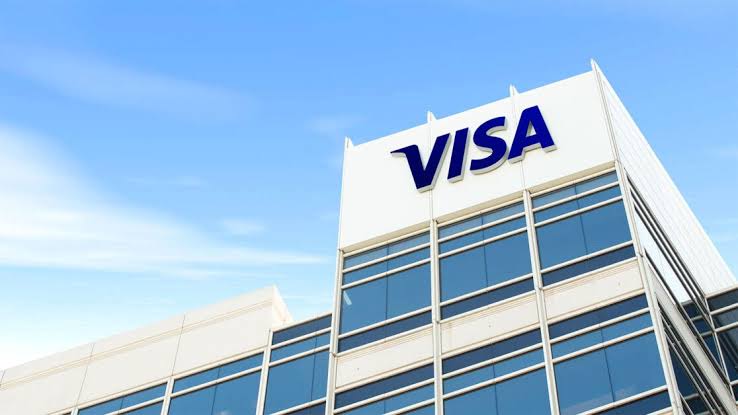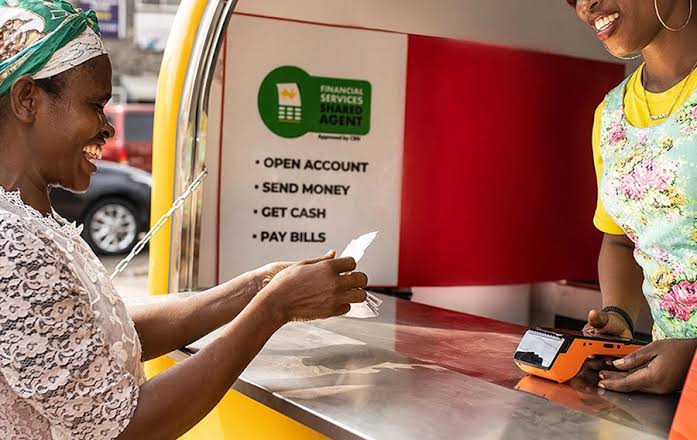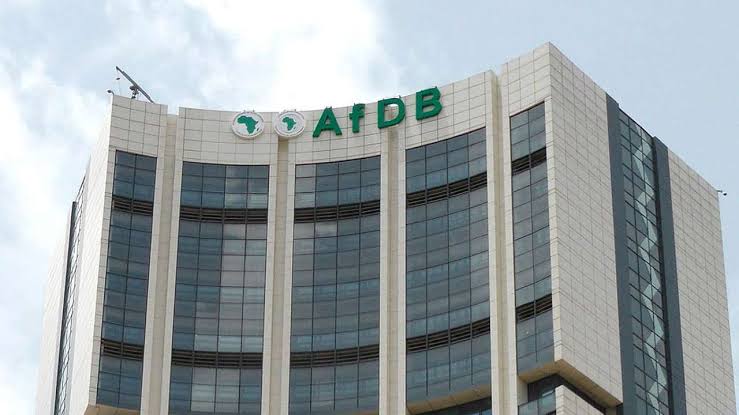The African Development Bank (AfDB) has agreed to make a $525,000 grant to the Africa Fintech Network (AFN). This deal intends to create the Africa Fintech Hub, an online platform that will serve as a one-stop shop for all fintech-related operations in Africa.
According to the announcement made yesterday, the agreement was signed on April 4th, 2023. The Africa Digital Financial Inclusion Facility (ADFI) would provide the Africa Fintech Network with financial and technical assistance so that it could serve as the host organisation for the African Fintech Hub and manage its operations.
The hub is a digital platform that would allow African fintech groups to share resources and information, develop linkages and alliances, and promote the work of African fintech companies, particularly those led or owned by women.
The African Fintech Hub would be developed through a strategic relationship between AFN and the Centre for Financial Regulation and Inclusion (Cenfri). Cenfri would give technical help in the Hub’s growth and would foster research, knowledge creation, and other innovative projects.
Read also: Ghana’s Solar Electrification Gets $29 Million from AfDB
Remarks from the Director General of the Nigeria Country Department of AFDB
Lamin Barrow, Director General of the Nigeria Country Department of the African Development Bank, emphasised the significance of the Bank’s support for the project, saying that it would contribute to the strengthening of the fintech ecosystem in Africa, boost competitiveness in the digital world, and leverage partnerships. This was one of the reasons why the support of the Bank was so important.
He said that at the African Development Bank they are well aware that they have a significant part to play in assisting with the development of a robust, effective, and long-term sustainable fintech ecosystem throughout the continent. Through the use of a wide variety of creative interventions, they are expediting the delivery of their High 5 strategic priorities. These have assisted in improving access to digital infrastructure, which includes Information and Communications Technology linkages to landlocked countries as well as broadband internet services.
He also said that the need to leapfrog barriers and scale up inclusive digital financial solutions to accelerate economic resilience across Africa has become even more urgent, This is especially true in light of the fact that Africa is home to some of the world’s fastest-growing economies.
The African Development Bank and its partners have established the Africa Digital Financial Inclusion Facility with the intention of making catalytic investments in support of innovative ideas such as the Africa Fintech Hub Project. This project aims to broaden access to and usage of digital financial solutions in order to meet the requirements of all Africans.
Dr Segun Aina, President of the Africa Fintech Network, praised the Bank for its support of the effort.
“We are thrilled to be working with the African Development Bank and Cenfri on multiple fintech projects across Africa to advance our shared goals of “driving Africa-led fintech solutions; encouraging information exchange, ideation, and support; and promoting innovative technologies in the financial services sector in Africa and beyond,” he said.
AfDB Invests $21 Million In Chad’s Clean Electricity Project
Projects Backed by ADFI
ADFI Coordinator Sheila Okiro stated that the Bank is delighted to support this project to strengthen the fintech sector, furthering our work to leverage technology to contribute to closing the financial inclusion gap and creating employment across Africa. This statement was made through the partnership with the Africa Digital Financial Inclusion Facility.
“Projects backed by ADFI are currently building payment systems and infrastructure in Ethiopia and the ECOWAS area to improve digital financial infrastructure and regional interoperability. In other projects, officials in the financial sector in Ghana, Rwanda, and Zambia are given new technology to help protect consumers.”
“The Facility is also helping projects to make it easier for smallholder farmers in Nigeria, Zambia, and Kenya to get digital micro-insurance. It also helps build cyber-resilience and remove barriers that make it hard for people in the area to use fintech services.”
She also said that although fintechs have great potential to contribute to digital financial inclusion across the continent, the African fintech sector is significantly lagging behind those in other regions, such as Latin America and South-East Asia.
In 2019, AFN and Cenfri conducted a poll that demonstrated the necessity of establishing and coordinating local fintech chapters, recruiting new members, highlighting the successes of members, connecting members to market access and investment opportunities, as well as advocating for members before local and regional authorities.
According to the results of the survey, fewer than fifteen percent of fintech companies are owned by women. On the basis of the results of the survey, AFN will develop gender indicators and lenses as an important aspect of the project’s implementation, and they will apply these indicators and lenses.
The African Development Bank (AfDB) has agreed to make a $525,000 grant to the Africa Fintech Network (AFN). This deal intends to create the Africa Fintech Hub, an online platform that will serve as a one-stop shop for all fintech-related operations in Africa.
According to the announcement made yesterday, the agreement was signed on April 4th, 2023. The Africa Digital Financial Inclusion Facility (ADFI) would provide the Africa Fintech Network with financial and technical assistance so that it could serve as the host organisation for the African Fintech Hub and manage its operations.
The hub is a digital platform that would allow African fintech groups to share resources and information, develop linkages and alliances, and promote the work of African fintech companies, particularly those led or owned by women.
The African Fintech Hub would be developed through a strategic relationship between AFN and the Centre for Financial Regulation and Inclusion (Cenfri). Cenfri would give technical help in the Hub’s growth and would foster research, knowledge creation, and other innovative projects.





